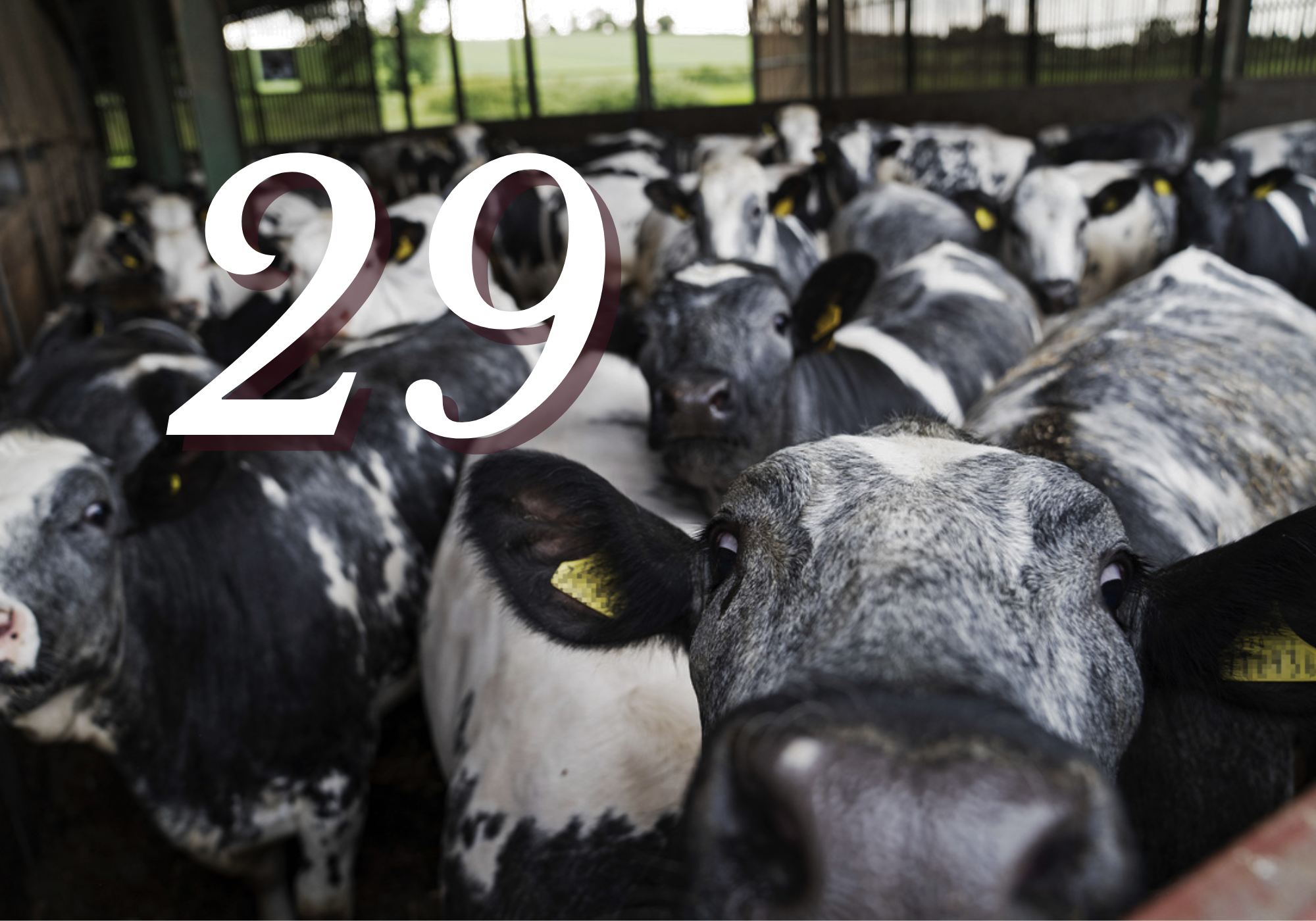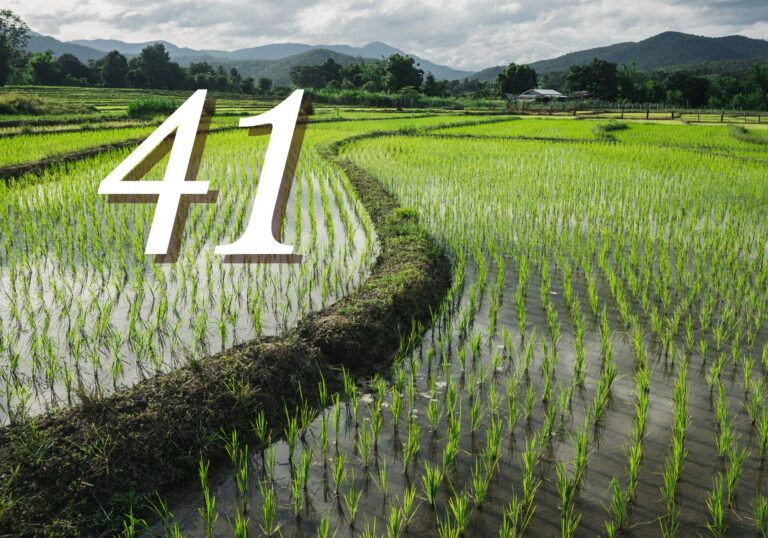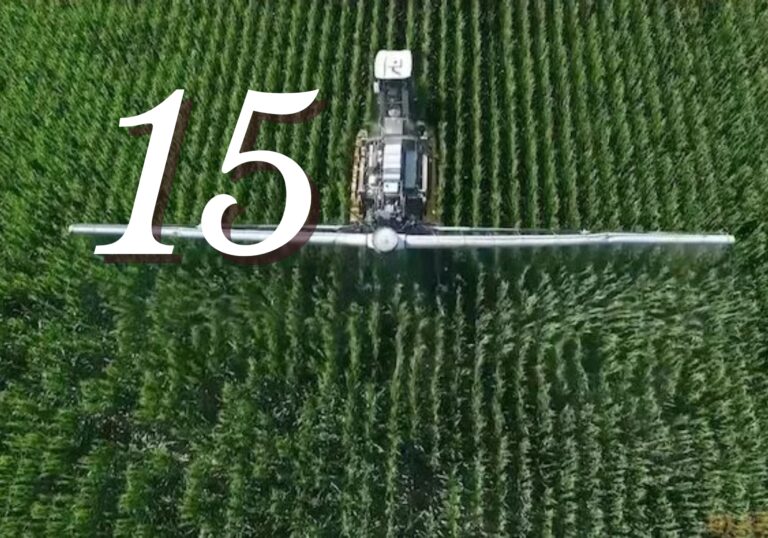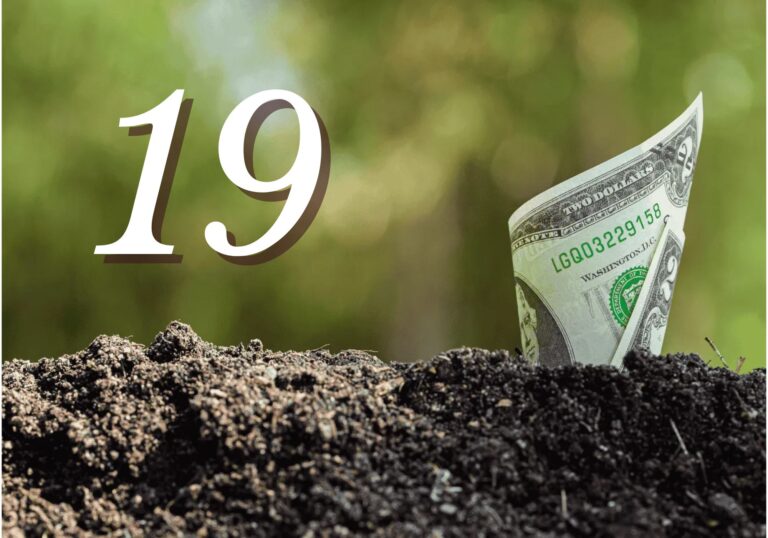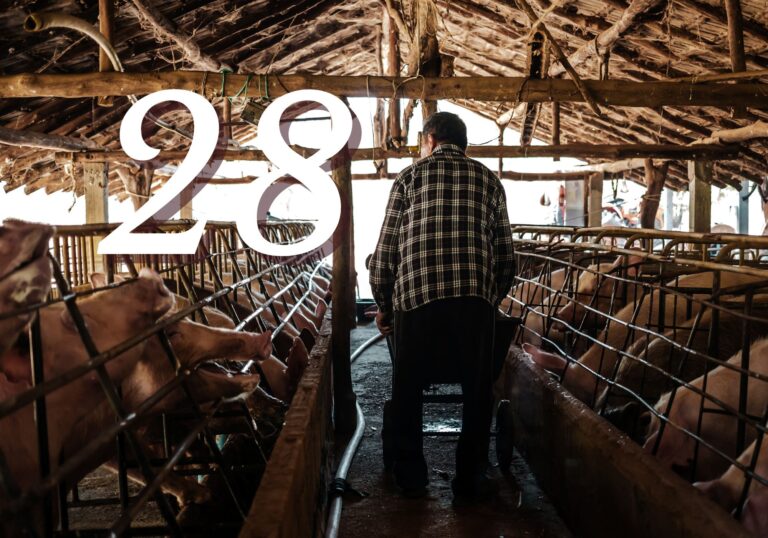Latest Animal Infection
An animal infection termed Lumpy Skin Disease hit cattle in France in the summer of 2025. The government’s knee-jerk response was to order the culling of every cow in herds in which one tested positive, even if it had no symptoms. Yet there are alternatives, using either vaccines or medications (including ivermectin) to heal affected cattle, and limiting their movement. Other countries have not managed the problem with the same ferocity as France has.
Farmers are at the mercy of their governments, which may choose good or bad policies to follow when something new arises. They may reimburse farmers fairly for their culled livestock, or the farmers could lose their farms. And are the tests that are used always accurate, when they determine the life or death of hundreds or thousands of head of cattle, or millions of chickens?
Below are translated excerpts from the French magazine, FranceSoir:

“As of August 11, 2025, 1,500 to 2,000 animals of the 170 000 cattle in the region have been culled, and a mass vaccination campaign has been conducted. But this strategy, decided by the French authorities, raises many questions, both in terms of health, economics and ethics.
“Lumpy Skin Disease,” is a viral disease that affects only cattle and sometimes wild ruminants. It is not transmissible to humans. Caused by a virus in the Poxviridae family, it is manifested by fever, weight loss, decreased milk production, and especially the appearance of painful nodules on the skin. In severe cases, these nodules can lead to complications such as secondary infections, pneumonia or abortions. Although the mortality rate is low (1 to 5 per cent, up to 40 per cent among young calves), the disease can cause significant economic losses due to lower production and trade restrictions.
The virus is mainly transmitted by biting insects, such as stables flies, hens or mosquitoes, which carry the virus after stinging an infected animal…
The European Union recommends, but does not impose, the total slaughter of herds with lumpy skin disease. The majority of experts favor a strategy that integrates surveillance, restriction of movement and vaccination, rather than the systematic slaughter of healthy animals.
It was the French state that opted for this strict strategy: the total slaughter of herds as soon as a single animal is tested positive, even if it has no symptoms… France, the European leader in cattle herds with 16.4 million head in 2025, is heavily dependent on the export of live cattle and processed products (meat, milk, leather) to Italy, Turkey or Asia. An area declared infected loses its “undemnel” status, which results in trade restrictions for 2 to 3 years. The aim of total slaughter is to eradicate the disease rapidly in order to preserve these markets.
A vaccine is available but is far from perfect, and it is not approved in Europe.
- Immunity takes 21 days to develop, which is too long in the midst of an epidemic.
- Side effects (fever, temporary nodules, rare abortions) are possible.
- Vaccination of already infected animals may worsen the disease and promote the development of more difficult-to-detect recombinant viruses.
Surprisingly, treatments exist and have shown encouraging results in other countries. For example, ivermectin combined with antibiotics helped heal in 14 days, and a combination of gentamicin, meloxicam and antihistamine treated calves in 21 days. Yet, in France, no treatment is officially allowed, reminiscent of the controversies surrounding the management of COVID-19.
The Confederation of Peasants and the Rural Coordination denounce this ban and ask why these options are not tested in parallel with the slaughter.
Criticized management
Many experts and breeders criticize the French approach. In Hungary, in 2016-2017, no slaughter was carried out, as the disease was considered to be low lethal, the healthy carriers rare, and the public opinion unfavourable. In Israel, slaughter is limited to cases where animal welfare is at stake. Even the World Organisation for Animal Health (WHO) focuses on vaccination, biosafety and movement control, without insisting on slaughter.”
